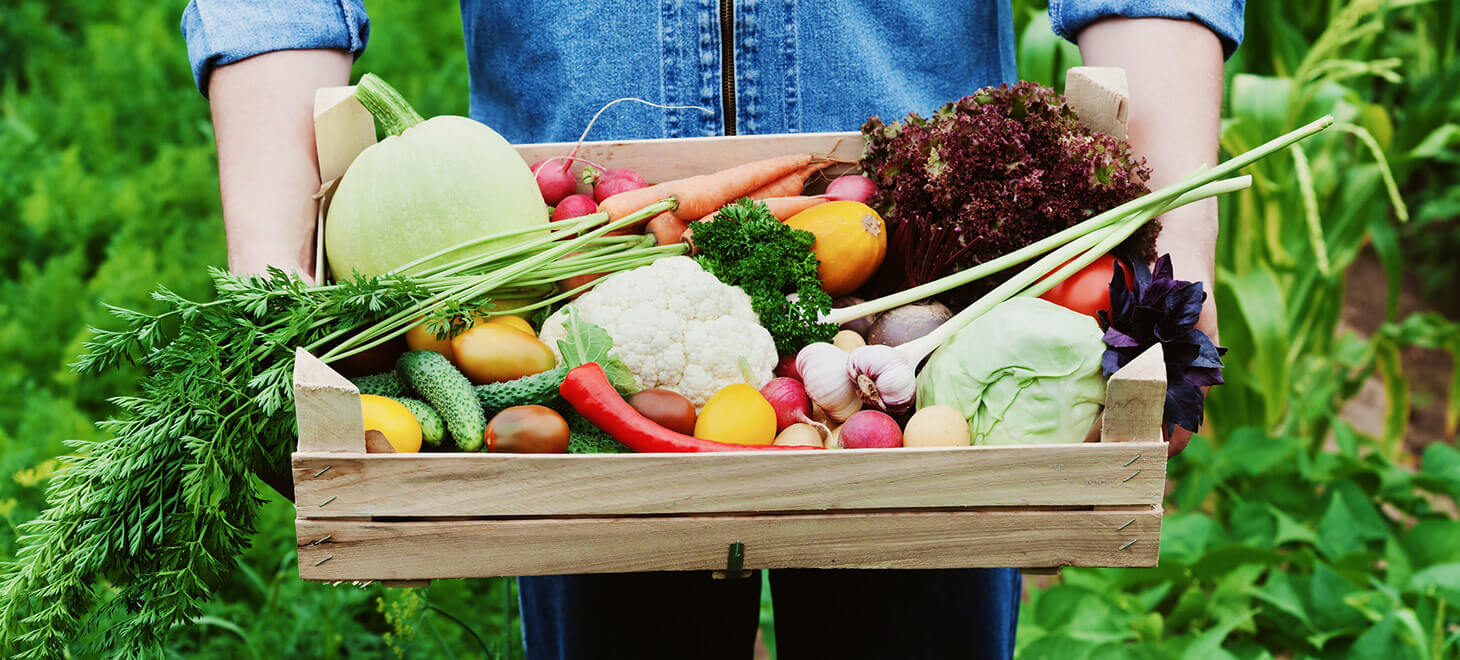Organic food is a term that has been gaining popularity in recent years. It refers to food that has been grown and processed without the use of synthetic chemicals, pesticides, or fertilizers. Instead, organic farming relies on natural methods of pest control, crop rotation, and the use of compost and other natural fertilizers. While there are some clear benefits to choosing organic food, there are also some drawbacks that consumers should be aware of.
Benefits of Organic Food
One of the main benefits of organic food is that it is better for the environment. Organic farming practices promote soil health, reduce pollution, and conserve water healthandpersonalcare. In addition, organic farming helps to preserve biodiversity by supporting the growth of a wider range of plants and animals.
Another benefit of organic food is that it is often fresher and more nutritious than conventionally grown food. Because organic farmers prioritize soil health and crop diversity, their produce is often richer in vitamins, minerals, and antioxidants. In addition, organic food is typically grown without the use of artificial growth hormones, which have been linked to health problems in humans.
Finally, many people choose organic food because they believe it is better for their health. Some studies suggest that eating organic food may reduce the risk of certain diseases, such as cancer and heart disease. Additionally, many people report feeling better and having more energy when they switch to an organic diet.
Drawbacks of Organic Food
While there are many benefits to choosing organic food, there are also some drawbacks that consumers should consider. One of the main drawbacks is the cost. Organic food is often more expensive than conventionally grown food, due in part to the higher costs of organic farming practices.
In addition, some people may find it difficult to find a wide variety of organic food, particularly if they live in areas with limited access to organic farmers markets or grocery stores. This can make it challenging to maintain a fully organic diet.
Another drawback of organic food is that it may not always be the most sustainable choice. While organic farming practices are generally better for the environment than conventional farming practices, organic food still requires resources such as water, land, and energy. In some cases, it may be more sustainable to choose locally grown, non-organic produce that has been transported a shorter distance.
Finally, it is important to note that organic food is not always 100% free from synthetic chemicals. While organic farmers are required to use natural methods of pest control and fertilizer, they are allowed to use certain approved chemicals in limited quantities FindOutCBD. Additionally, organic food may be contaminated by pesticides and other chemicals from nearby non-organic farms.
Conclusion
In conclusion, organic food has many benefits, including improved environmental sustainability, greater nutrition and freshness, and potential health benefits. However, consumers should also be aware of the drawbacks, including higher costs, limited availability, and potential sustainability concerns. Ultimately, the decision to choose organic food will depend on each individual's priorities and budget, but by being aware of the pros and cons, consumers can make informed choices about the food they eat.

No comments:
Post a Comment